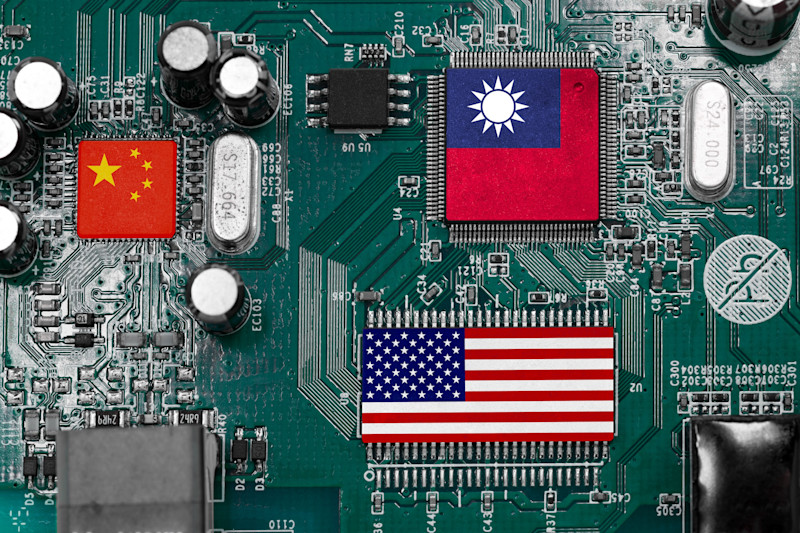“When the game is over, the king and pawn go into the same box.”
– Italian proverb
1. Money for Nothing and Your CHIPs for Free
Taiwan has restricted chip giant TSMC from producing advanced 2-nm chips outside its borders to protect its proprietary tech, raising concerns about TSMC's plans in the United States and potential tensions in Taiwan-U.S. relations. While its Arizona facility will produce 4-nm and 5-nm chips, Taiwan’s regulations could delay future U.S. 2-nm production, especially under a Trump administration that may tighten the foreign incentives offered under the CHIPS Act. “That ain’t workin’, that’s the way you do it.”
2. AR: Still Not Dead, Still Not Accessible
Swarovski's AX Visio binoculars combine AI and AR to identify over 9,000 bird species, plus some mammals and insects, using databases like Cornell's Merlin Bird ID. With a built-in camera, they display species info in real time, giving a Pokedex-like experience. User-friendly yet pricey ($5,000), they offer seamless wildlife observation, photo-taking, and species identification with location sharing. Regular software updates improve accuracy and features, marking a new era for wildlife enthusiasts with means.
3. Flawless Existential Dread
The author of this article critiques a robotic cello performance as "soulless," but I think he misses the point. Automation has shaped music for decades through synthesizers, amps, and other tech that enhances creativity rather than detracting from it. To me, the robot’s performance resembles a high-end speaker, where the driver itself is a musical instrument that opens the door to creative flexibility and possibility. A distinction exists between AI as a tool and true artistry, which requires human adaptability.
4. You Think Tech Is Moving Too Fast Now?
That’s cute. Like the universe expanding at an accelerating rate (#redshift), tech will only evolve faster and faster. Leopold Aschenbrenner argues that by 2027, AI will reach artificial general intelligence and become capable of conducting its own research, accelerating advancements exponentially. This could trigger a "recursive self-improvement" cycle, leading to superintelligence. Sakana AI’s recent paper on an AI system that autonomously conducts AI research shows this potential.
5. AM-Optimized Motion Control
Here’s another IMTS 2024 recap. Motion control systems, particularly hydraulics, are inefficient, wasting up to 70% of input energy. While other technologies have advanced, hydraulics rely on outdated, energy-heavy designs. Domin founder and CEO Marcus Pont discusses how rethinking hydraulic systems and using new technologies can improve performance, reduce energy use, and drive innovation. AMT senior advisor Dave Burns joins him for a Q&A on how digital technologies can transform product development.
To get the latest tech developments delivered directly to your inbox, subscribe to the weekly Tech Report here.
To access Tech Trends, log in to or register for an MTInsight account at https://www.mtinsight.org/






